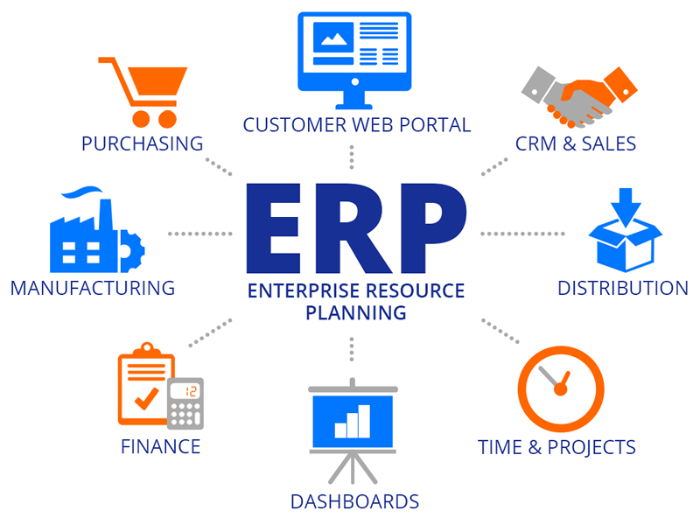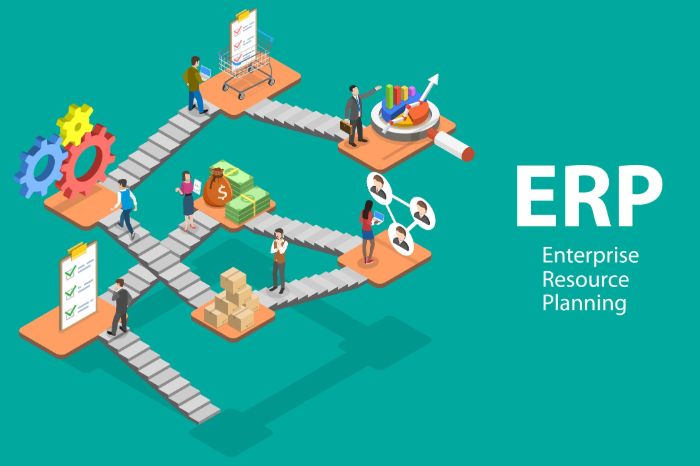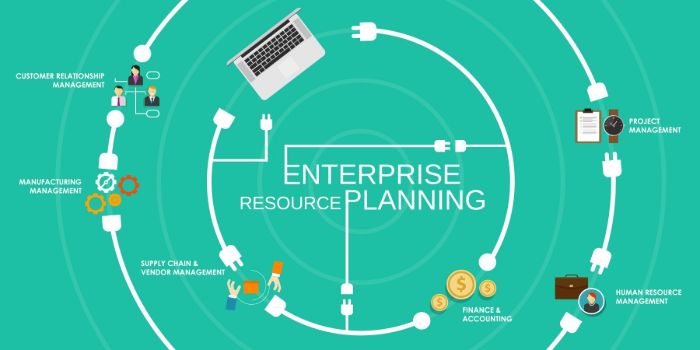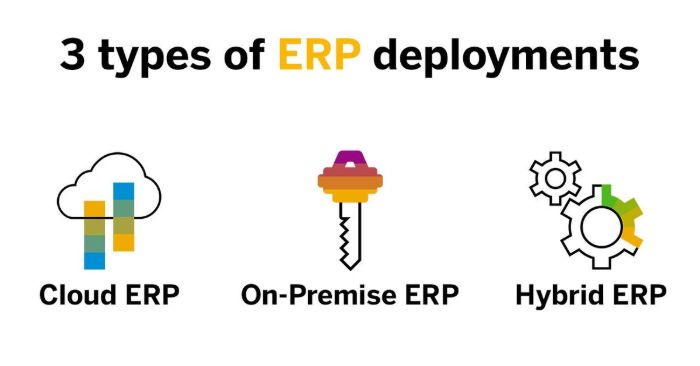What is Enterprise Resource Planning System for B2B?
For B2B e-commerce businesses with a large scale, they face complex challenges that demand precision, efficiency, and seamless coordination. Enterprise Resource Planning (ERP) emerges as the lifeline that would be great in monitoring and working towards better performance. So What is an Enterprise Resource Planning system? Why do you need ERP for B2B eCommerce? Let’s find out!
What is Enterprise Resource Planning System (ERP)?

Enterprise Resource Planning, also known as ERP, is an application that automates an enterprise’s business processes. An ERP system has a database that collects and aggregates input from various business divisions such as accounting, manufacturing, marketing, sales and human resources.
ERP provides essential information for the business from this information, making it easy for business leaders to analyze performance problems and discover improvements to fix. That means ERP optimizes the profits generated.
For companies or corporations, substantial B2B businesses, an ERP software system is often tailored better to suit the business and industry’s needs.
What is Enterprise Resource Planning System for?

What’s Enterprise Resource Planning seems to be pretty impressive. Yet, about enterprise resource planning purpose, let’s take a look below to understand why.
1. Cost savings
An ERP system has a fairly high price tag, usually only suitable for large and medium-sized B2B businesses. A typical ERP installation for a mid-sized business can range from $150,000 to around $750,000, which is shockingly expensive! However, if you take into account the total cost of software and tools for the whole company, the cost of ERP is reasonable enough.
Furthermore, ERP unifies needs from multiple departments into one centralized system, making the workflow more seamless and improving your ROI.
2. Less time-consuming
The selling process to wholesalers is often lengthy with many buying stages, causing unnecessary high costs. A centralized ERP system optimizes turnaround times and requires only quarterly maintenance costs.
In addition, wholesale deals require references from multiple departments. An ERP system helps centralize data to one place and create a convenient environment for the employees.
3. Provide analytical data
Whether B2C or B2B, analytics is always necessary to optimize the sales performance of your business.
ERP systems automatically synthesize data and analyze them, export them into detailed reports. Metrics that take days to calculate like total sales, conversion costs, etc. are automatically calculated by the system to be exported as reports.
4. Minimize errors
Serious B2B customers will be furious if you make mistakes in the calculation for their orders. With the ERP system, the calculation is completely automated, minimizing the chance of errors caused by manual execution.
What is Enterprise Resource Planning System’s list of features in B2B ECommerce?

An ERP system always has its characteristics that make them more special than all other business support software. The characteristics are:
1. Centralized database
Like PIM, the ERP system has a centralized database, allowing information from multiple departments to be aggregated automatically and accurately. The data sources are approved by the enterprise admin and updated regularly to ensure the latest information is provided to the departments.
2. User-friendly UX / UI
User interface (UI) and user experience (UX) are strongly optimized thanks to the ERP system.
Designed for medium and large businesses, the various module modules (such as warehouse, finance, human resources, and marketing) all have a friendly and easy-to-use interface. Moreover, ERP also allows users to share information quickly to increase the productivity of the business.
3. Business process integration
ERP is system software programmed to integrate into other ecommerce platforms such as Magento 2. Thus, an ERP system is optimized and can support business workflow.
Effective ERP will play a vital role in a company’s success, increasing productivity and visibility and leading to cost reductions.
4. Task automation
The ability to automate repetitive tasks is yet another fundamental feature of ERP software.
Tired and continuously computational jobs such as payroll and order processing will be handled by advanced AI systems, saving time and minimizing errors. Automation also gives employees time to focus on other jobs that generate value for the company.
5. Data analysis
ERP helps you analyze collected data of many departments such as revenue, capital, customer behavior, etc. and provide useful business reports with its mighty computing power. Businesses can use this data to build strategies that are more relevant to the industry.
The Difference Types Of Enterprise Resource Planning System

Each ERP system will have a different model to suit the needs of each organization better. Here are three models that work with their main differences:
1. On-premise ERP
The company runs the software on the server and takes all responsibility, including security, maintenance, upgrades, patches, etc. Maintenance of ERP systems is usually done by highly qualified technical staff and at a high cost.
2. Cloud-based ERP
In this form, the business hires a third-party remote server and installs ERP. This ERP system can be accessed remotely via a web browser, increasing work flexibility.
3. Hybrid ERP system
Mixed ERP is a combination of the two forms just listed above. In mixed ERP, enterprises install ERP on servers at the headquarters and perform cloud storage for offices in some outside areas. It is important to note that the cloud system always needs a stable connection with the internal server system.
4. Open source ERP
Open source ERP requires highly qualified technical personnel to install and customize. The open-source code is free-of-charge, but it requires businesses to take care of everything from server settings to system configuration. It’s noted that support from the provider will be minimal.
Our article helps you understand What is an Enterprise Resource Planning system? We hope that it has been useful to you with the enterprise resource planning definition and its benefits.
Let’s contact BSS Commerce if you have any e-commerce issues. BSS Commerce is one of the leading Multi-platform e-commerce solutions and Magento e-commerce development services providers globally. With experienced and certified developers, we commit to bringing high-quality products and services to optimize your business effectively.



